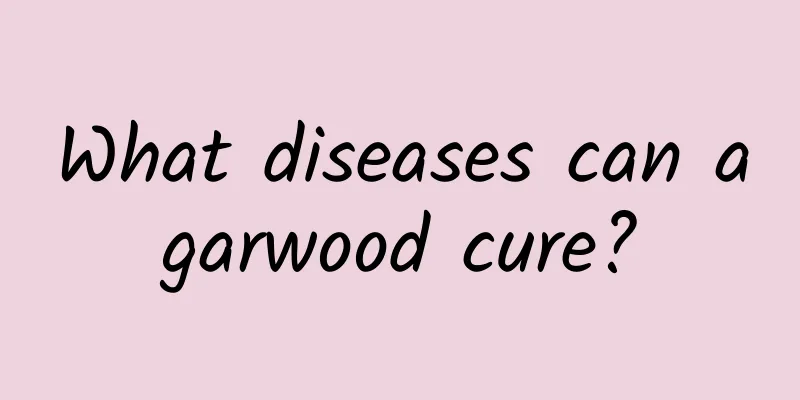Are the AIDS red spots large in area?

|
AIDS is a relatively serious disease and there is currently no complete cure. The obvious early symptoms of AIDS are some skin allergies, such as the appearance of some red spots, which are somewhat similar to skin allergies and eczema. If such symptoms do occur and you have engaged in high-risk sexual behavior, you must go to the hospital for appropriate examinations in time, especially the earlier the examination, the better the treatment effect. Early symptoms of AIDS What are the early symptoms of AIDS? Some patients have no clinical symptoms in the early stage of HIV infection, but most HIV patients may develop clinical symptoms caused by HIV viremia and acute damage to the immune system 6 to 6 weeks after infection. The early symptoms of AIDS are mainly manifested as: 1. Persistent and widespread lymphadenopathy, especially in the cervical, axillary and inguinal lymph nodes. The lymph nodes are enlarged to about 1 cm in diameter, are hard, painless, and movable, and have lasted for more than three months. 2. Unexplained fever and night sweats for several weeks. 3. Severe, unexplained fatigue that has occurred for several weeks. 4. Decreased appetite and weight loss of more than 10% of original body weight within two months. 5. Chronic diarrhea of unknown cause has occurred for several weeks, which is watery and occurs more than 10 times a day. 6. Shortness of breath and dry cough for several weeks. 7. Large flat or raised pink or purple spots appear on the skin and mouth, which are neither painful nor itchy. 8. White film appears in the pharynx and larynx. Men have scaly spots and itching on their genitals; women have anal itching, vaginal itching, and leucorrhea that are often treated as gynecological diseases but do not heal for a long time. 9. No other cause can be found for headache and blurred vision. How AIDS is spread What are the ways AIDS is transmitted? There are three main ways of HIV transmission, including sexual transmission, blood transmission and mother-to-child transmission, among which sexual transmission and blood transmission are the main ways of HIV transmission. The transmission routes of AIDS do not include general contact, so AIDS patients should not be discriminated against in life. For example, eating together or shaking hands will not transmit AIDS. Can AIDS be cured? Currently, there is still a lack of effective drugs to cure HIV infection worldwide. The current treatment goals are: to maximize and sustainably reduce viral load; to achieve immune reconstitution and maintain immune function; to improve quality of life; and to reduce HIV-related morbidity and mortality. |
>>: Red spots around the female urethra
Recommend
Sequelae of stroke
There are many sequelae of cerebral stroke, which...
Purpose of tuberculin skin test
The tuberculin test is a common method for diagno...
What are the effects of bear bile powder?
Bear bile powder is a traditional Chinese medicin...
Anterior talofibular ligament rupture symptoms
Ligaments play an important role in the human bod...
Can Chinese medicine dredge the fallopian tubes?
Fallopian tube blockage is a very serious problem...
What are the recipes of Chinese herbal spices?
Traditional Chinese medicine is familiar to many ...
Does black tea lower blood sugar?
From a professional perspective, black tea is a t...
Effects of Datura fruit wine
Datura, also known as the red spider lily, is an ...
How many generations can a penguin disease be inherited?
Many people don't know much about penguin dis...
Anorexia nervosa
We should all have heard of anorexia nervosa, whi...
What to do if there is insufficient blood supply to the brain?
I believe that many people will experience a blan...
How to treat a baby with a sallow complexion and thin body
Basically every parent hopes that their child is ...
What is the best way to treat kidney stones?
Kidney stones are also a common disease nowadays....
Is it harmful to inject hyaluronic acid into the chin?
In life, many people have been suffering from chi...
Post-cerebral hemorrhage edema
In fact, many people do not understand brain inju...









